Aerospace Quality Standards form the backbone of safety and reliability in the aerospace industry. These standards are set to ensure that products and services in the aerospace sector meet strict quality requirements, ensuring the safety and satisfaction of customers.
The AS9100 quality management system software plays a crucial role in helping organizations adhere to these aerospace quality standards and enhance quality control in aviation.
By aligning operations with these standards, organizations can ensure that they are delivering high-quality, reliable products and services in a highly competitive and regulated environment.
Why Adopt a Quality Management System (QMS)?
In an industry where precision and reliability are important, a QMS serves as a structured approach to meet and exceed these demands. The AS9100 software, encapsulates a host of features tailored to ensure that aerospace organizations adhere to the required quality standards.
Furthermore, a QMS is a reflection of a commitment to quality, ensuring that every process, from design to delivery, is executed to meet the high standards set forth by the industry. It’s an integral framework that not only ensures compliance but fosters a culture of continuous improvement, driving organizations towards operational excellence.
Compliance with Standards
In the aerospace industry, adhering to established quality standards is imperative. These standards ensure that every aspect of aerospace operations, from design to manufacturing to maintenance, is carried out with a high degree of precision and reliability.
A AS9100 QMS provides a structured approach to ensure compliance with these standards. It encapsulates a set of procedures and processes aimed at maintaining a high level of quality throughout the organization’s operations.
- Ensures adherence to aerospace quality standards.
- Provides a structured approach for maintaining high quality.
- Facilitates continuous improvement towards exceeding quality standards.
Moreover, a QMS serves as a tool for organizations to not just meet but exceed the established quality standards. It facilitates the monitoring and evaluation of processes, enabling organizations to identify areas of improvement and take corrective actions. In essence, a QMS is an indispensable tool for aerospace organizations aiming to uphold and elevate the quality of their operations.
Improved Operational Efficiency
Adopting a QMS streamlines operations, making processes more efficient. By identifying bottlenecks and eliminating waste, a QMS helps organizations optimize their resources and time.
Moreover, a QMS provides the tools and methodologies for process improvement, fostering a culture of continuous enhancement. This leads to improved productivity, reduced costs, and ultimately, better profitability.
- Streamlines operations and identifies process bottlenecks.
- Fosters a culture of continuous process improvement.
- Leads to improved productivity and reduced costs.
Enhanced Quality Control
Quality control is at the heart of aerospace operations. A QMS offers tools for robust monitoring and quality control, ensuring that products and services meet the requisite standards.
Moreover, with a systematic approach to quality control, organizations can easily identify and address issues early on, minimizing risks and ensuring customer satisfaction.
- Provides tools for robust quality monitoring and control.
- Enables early identification and resolution of quality issues.
- Ensures customer satisfaction by delivering high-quality products and services.
Competitive Advantage
Adopting a QMS showcases an organization’s commitment to quality, giving it a competitive edge. It demonstrates to customers and stakeholders that the organization prioritizes quality and continuous improvement.
Moreover, a QMS can also help in achieving certifications which can open doors to new market opportunities and enhance the organization’s reputation in the industry.
Risk Management
A QMS aids in the early identification of potential risks, allowing for better risk management and mitigation. It helps in analyzing processes and identifying areas of improvement to prevent errors and reduce risks.
Moreover, by documenting processes and creating a clear audit trail, a QMS helps ensure transparency and accountability, which are crucial for effective risk management in the aerospace sector.
Conclusion
Adopting a Quality Management System is a strategic move for aerospace organizations aiming to uphold high-quality standards, enhance operational efficiency, and gain a competitive edge in the industry. It’s not just about compliance, but about striving for excellence in every facet of operations, ensuring safety, quality, and customer satisfaction.
Ready to elevate your adherence to aerospace quality management system standards?
Explore our Aerospace Quality Management System software offering customized solutions that streamline the quality management process, ensuring superior quality control and operational efficiency in your aerospace endeavors.
Book a demo with us for a personalized showcase of how our software can transform your quality management and adherence to aerospace quality standards.

